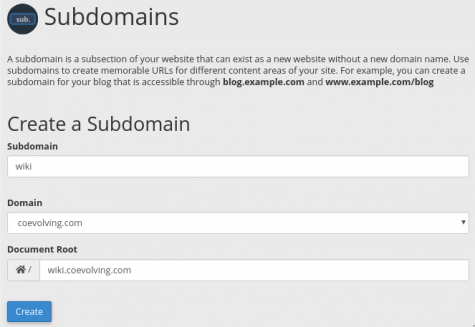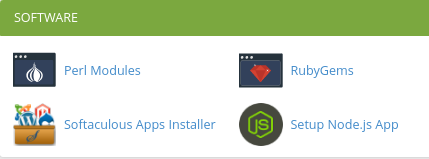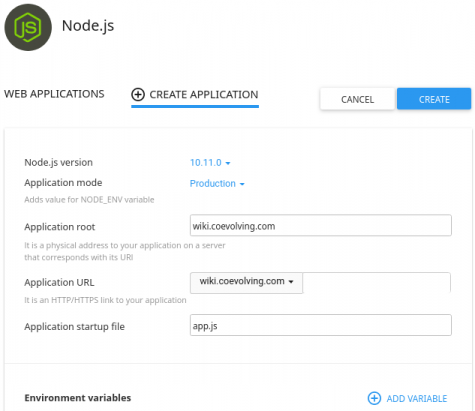Each year, my lecture in the “Understanding Systems & Systemic Design” course — in the program for the Master of Design in Strategic Foresight and Innovation at OCAD University — reflects where my research is, at that point in time. For 2018, the scheduling of my visit was towards the end of a busy winter. Firstly, I had just finished teaching a Systems Methods course at the UToronto iSchool. Then, the Open Innovation Learning book was officially launched. Less than 6 months earlier, I had conducted a workshop at the Purplsoc 2017 meeting, and at the PLoP 2017 meeting. This shaped an agenda for the prepared slides as:
- 1. Designing for tame problems c.f. Architecting for wicked messes
- 2. Analyzing the complicated c.f. Synthesizing the complex
- 3. Unfreeze-change-freeze c.f. Co-responsive movement
- 4. Planning (teleology) c.f. Programming (teleonomy)
- 5. Industrial value chain c.f. Co-producing offering
While the lecture slides were the same for two class sections spaced 2 days apart, the verbal content varies as spontaneous flow. On both days, agenda point 4 (Teleology c.f. Teleonomy) was cut short to jump to a few ideas in point 5. (On the second day, a question from a student led back to point 4).
Both lecture days took a break after about 90 minutes. Thus, there are four recordings total, i.e. two part for each of two days, in two playlists. The videos online at Youtube are embedded below, and downloadable versions of audio and video are further down.… Read more (in a new tab)







